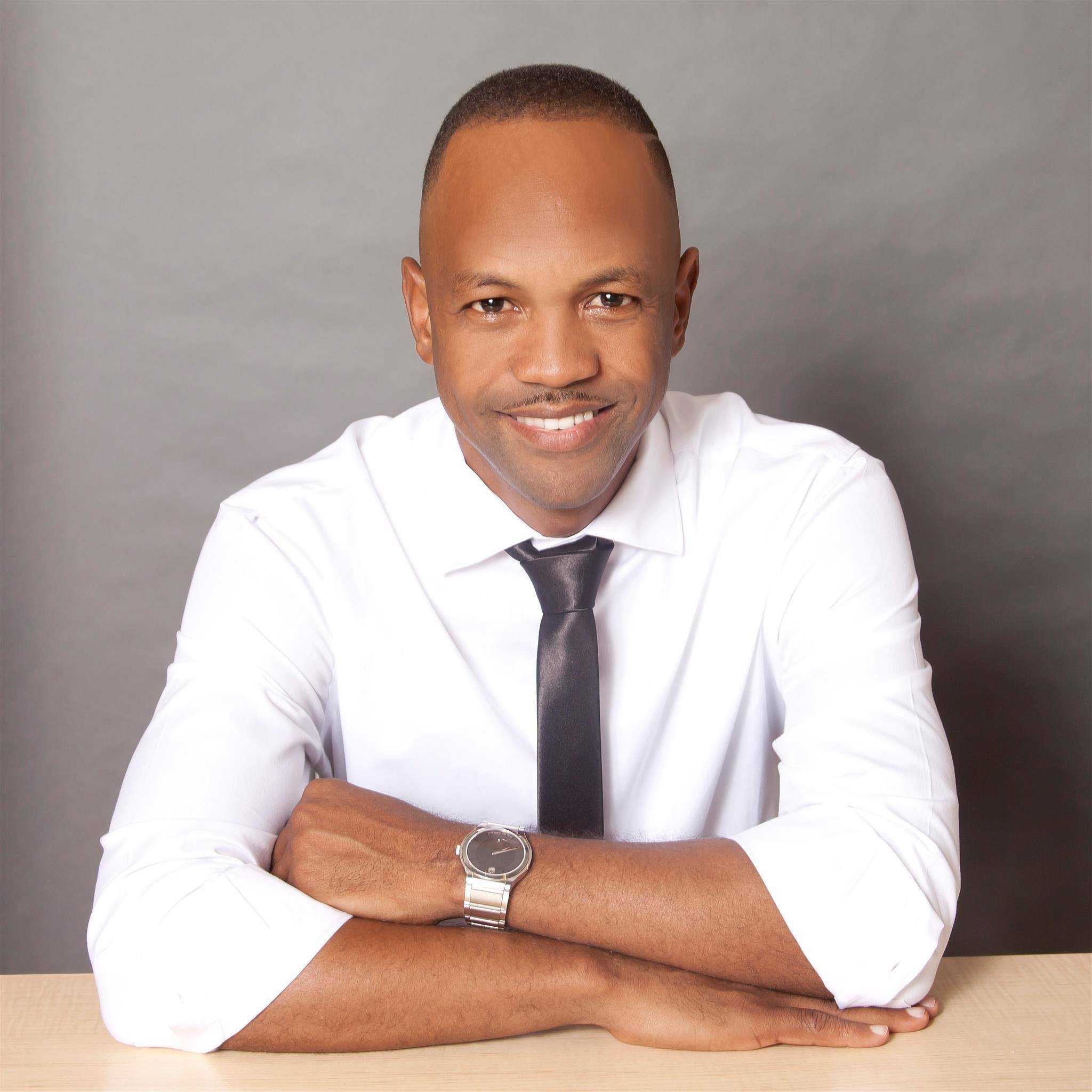BY: DELLIA RISMAY
Mortgage. Loan. Debt. These are words that tend to induce feelings of dread, stress, and anxiety in many people. They can invoke ideas of being unable to afford things like a home, or other necessities in life. But what if it didn’t have to be this way? Cleve DeSouza from Cleve Does More is here to say it doesn’t have to be.
Born and raised in Jamaica, Cleve has always had a knack for thinking outside of the box. When he was 19, he moved to Canada, where he went on to study mechanical engineering. He is now a licensed engineer and a licensed project manager. Today, he uses all that he’s learned in those fields and applies it to finance.
Cleve Does More has been helping clients with lending since 2014, but Cleve has been investing in real estate since 2008. He began acting as an advocate for his clients when he realized that not all brokerages had the best intentions for the people they were supposed to be assisting. “I wanted to offer that value to people in terms of being an advocate and a representation of them because I was having my share of experience where brokers are not really the most trustworthy persons, and of course they’re a little bit more into the commission,” Cleve explains. He wanted to ensure that people were getting the most value out of the market without them having to shop around by themselves, so with the help of Matrix Mortgage Global as his brokerage, he took it upon himself to be the person that would help.
Initially, Cleve was helping clients with their debt by using their homes as security, but he then realized that mortgages were not the only tool he could use to do this. “I found that people needed more sustained guidance, more counseling,” he says. “I’m a strategist by nature and an analyst, I’m able to do business plans and strategic planning; I am now bringing strategic planning to individuals.” Depending on their situation, Cleve began to introduce other tools, such as debt consolidations and loans in addition to mortgages to help his clients. “Now I take your old financial picture, analyze it, I show you exactly where you are, and then we can make some informed choices about where we want to move with your finances.”
When Cleve meets with a new client, he begins by using a financial needs analysis, which allows him to gain insight into where they stand. “I’m taking your finances from A to Z and I’m making sure that I’m comprehensive, no stone unturned,” he says. He emphasizes that there is no judgment while this is being done, it is simply to ensure the accuracy of the plan he will put in place. Once that is done, he makes recommendations on how improvements can be made. Cleve and his team then continue to support and coach their clients after their meeting to maintain accountability and follow-through.
Those who have shopped around for the best rates when it comes to mortgages and other loans know that there is no shortage of lenders in the GTA, and many of them make similar promises in terms of being the best and the most client-focused. So what sets Cleve Does More apart? “The point of Cleve Does More is to not only focus the conversation on mortgages but to mainly focus on the fundamentals of financial management. Cleve Does More is separated from everybody, because nobody is going to work with you on that front. They’re more focused on ‘oh, you want a mortgage? Okay, I’ll give it to you’. They don’t always consider how you’re going to afford the mortgage, or what stress it’s going to cause in your life,” Cleve says.
For many people, that apprehension of beginning a financial plan that isn’t truly the best fit for them is one reason why they may avoid seeking the assistance of a professional. For others, it’s simply because they feel ashamed of their situation and don’t want to bring any more attention to it. Cleve says that he does not judge anyone for their finances or their situation, and it is his job to help. “It’s not about judging whether things are good, bad, or ugly, it’s about drawing the line where it is. And from drawing the line where it is, that’s how we’re going to make informed choices moving forward. There are two choices: we can live with the problem, or we can get some help solving the problem and getting the solution,” says Cleve.
Regardless of the situation, Cleve has one piece of advice for everyone: “plan your financial life by design, as opposed to making it happen by chance.” Proper financial planning brings peace of mind, and Cleve Does More can help get you there.
Book your free 30 minute financial needs analysis with Cleve by calling 647-476-2918, or by emailing him at cleve@clevedoesmore.com.

